The biggest corporate takeover of 2016, if it happens, will create a company with a virtual lock on the world’s food supply.
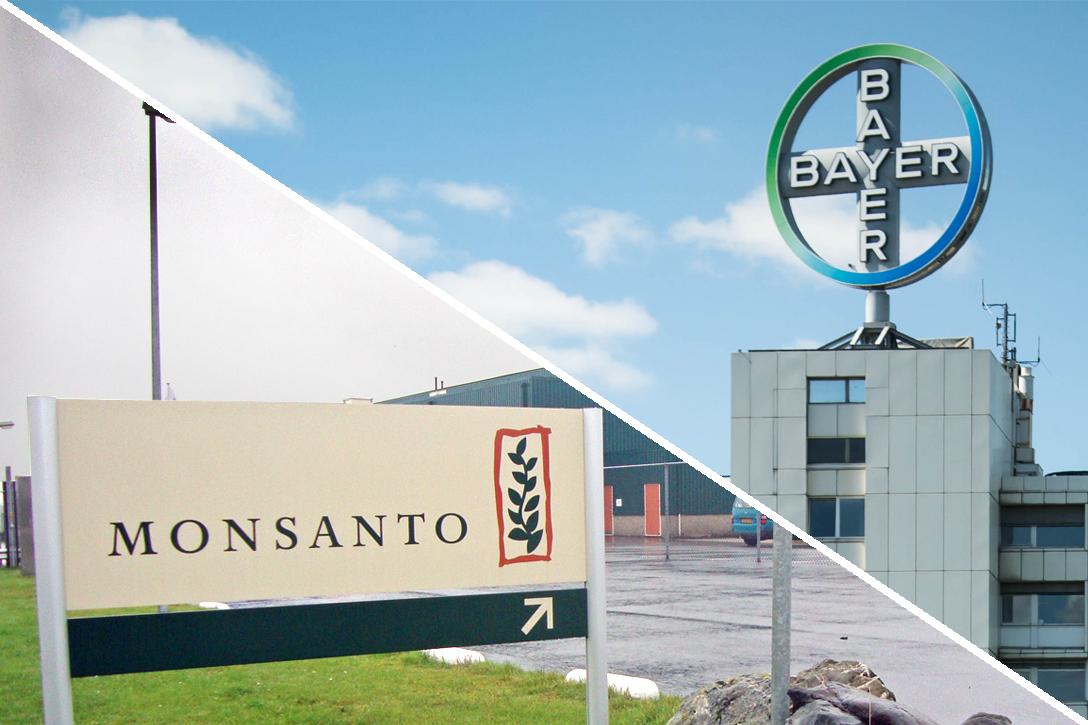
Nuit Debout (“Up All Night”) began as demonstration against changes in France’s labor laws. It has since unleashed a seismic social shock, evoking memories of the spring that shook the world 48 years ago.
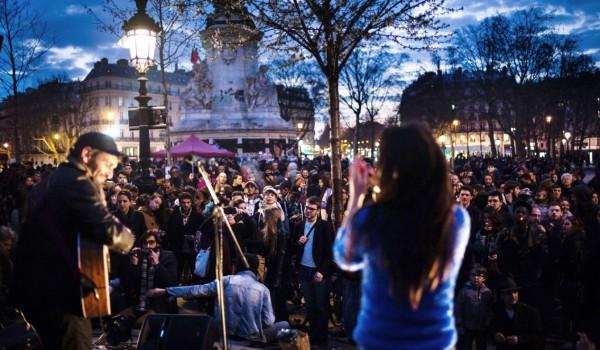
The moment will hit you if it hasn’t already: President Donald Trump. Président de la République française Marine Le Pen.
It can happen (t)here. Still not likely. But possible.
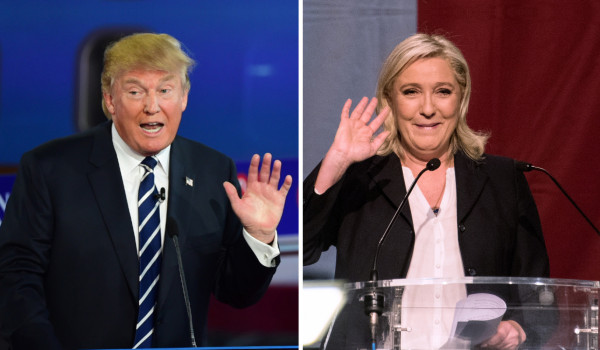
They’re too young to vote but old enough to sue the government. And now, to win.
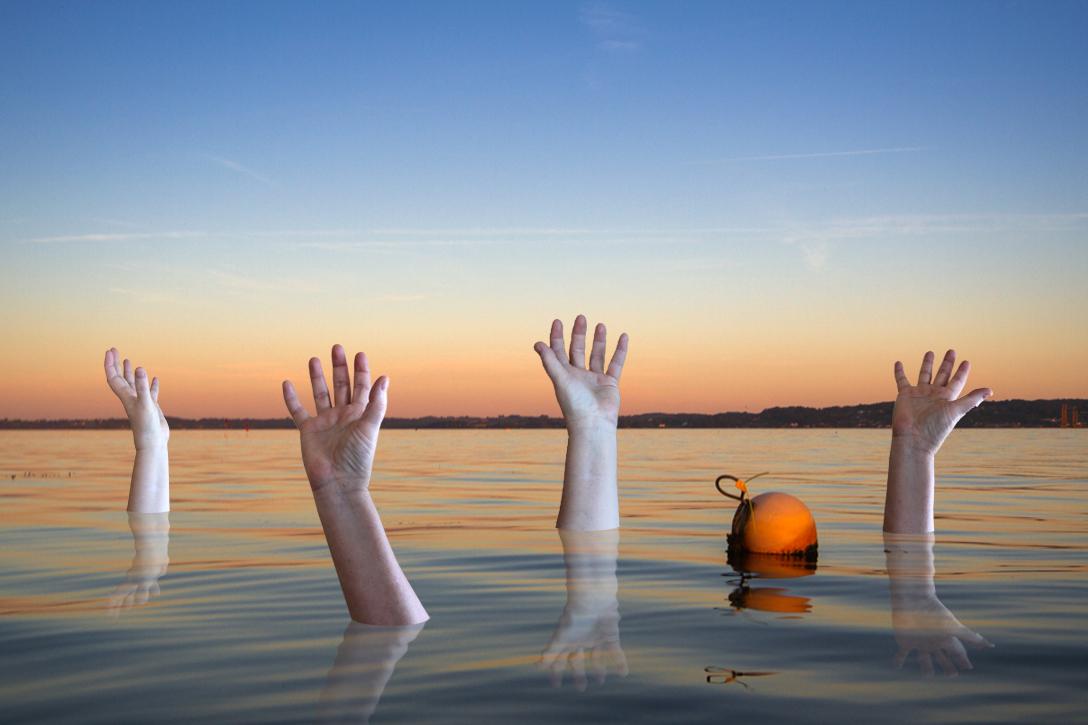
What if the public, alarmed about government’s failure to do enough, fast enough, to stop climate change while there’s still time, could sue?
Nine hundred Dutch citizens have done just that—and won. The historic recent decision, rendered in June, is already inspiring lawsuits in other countries.
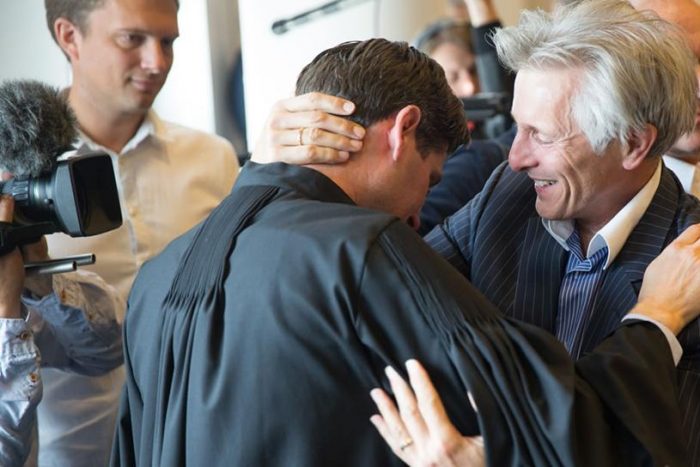
The first retrospective of Edward Hopper in Paris is also one of the most ambitious ever, a look at the artist “in all his complexity” as a painter of light and architecture as well as the loneliness of modern life.
A mysterious veil of gold and glass now floats permanently over a courtyard in the Louvre. Beneath it are priceless works of Islamic art, many of them now revealed for the first time to the public gaze. The Louvre’s Islamic collection is one of the world’s richest, with pieces created over 13 centuries on three continents.
France produces a tiny amount of olive oil, 5,000 tons compared to Spain’s 1.2 million. But in this case, less really is more. Foodies the world over savor and rate it like fine wine.
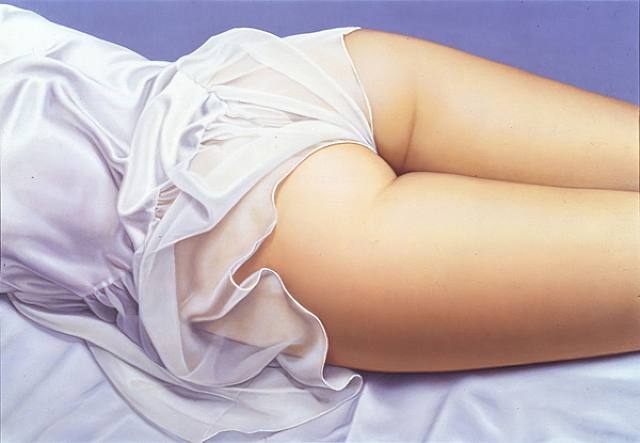
American painter John Kacere began his career as an abstract artist, inspired by the likes of Joan Miró and Paul Klee. In mid-life, in 1963, he became a completely different artist, not just figurative but hyper-real. He began painting women with such technical skill and in such painstaking detail that it simply looks like photography – but only beautiful women and only their crotches, thighs and butts. He kept at it for over 30 years, until his death in 1999.
The French banker Albert Kahn was a financial genius whose high-risk investments made him one of the richest men in Europe by the turn of the century. A lifelong pacifist, Kahn became convinced that a new technology – color photography – could contribute to cross-cultural understanding and world peace. He invested heavily in his dream, sending photographers around the globe between 1909 and 1929 to create an “archive of the planet.”